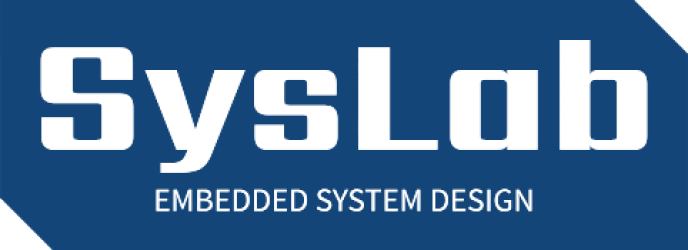Overview of the Embedded Systems Research Lab
The Embedded Systems Research Lab (ESRL) is dedicated to advancing the field of embedded system design, with a particular emphasis on Machine Learning and Artificial Intelligence application acceleration through FPGA (Field-Programmable Gate Array) technology and indoor human presence sensing and signal processing. This lab integrates cutting-edge research methodologies to create efficient, high-performance systems that cater to various applications, including smart environments and real-time data processing.
Research Focus Areas
1. FPGA Technology for Application Acceleration
- Hardware Acceleration: The lab employs state-of-the-art FPGA boards from leading manufacturers like AMD/Xilinx and Intel/Altera. These boards are instrumental in developing power-efficient hardware solutions aimed at enhancing performance in high-performance computing (HPC) and embedded systems, with a focus on Machine Learning and Artificial Intelligence applications, such as autonomous vehicles and advanced driver assistance systems (ADAS).
- High-Level Synthesis: Utilizing high-level synthesis tools, researchers can streamline the design process, enabling rapid prototyping and deployment of FPGA-based systems tailored for specific applications.
2. Indoor Human Presence Sensing
- Sensor Integration: The lab focuses on designing low-power sensors that can accurately detect human presence within indoor environments. This involves integrating various sensing technologies to enhance responsiveness and reliability in smart buildings.
- Signal Processing Techniques: Advanced signal processing algorithms based on Machine Learning and Artificial Intelligence methods are developed to interpret data from these sensors effectively, allowing for real-time monitoring and control of environmental conditions based on occupancy.
3. System Design Methodologies
- Framework Development: The ESRL is committed to creating robust frameworks that facilitate the design of embedded systems capable of handling complex tasks with minimal power consumption. This includes research into efficient implementation of Deep Neural Networks on FPGA platforms via High-Level Synthesis.
- Prototyping and Testing: The lab emphasizes the importance of prototyping in the development cycle, ensuring that new designs are rigorously tested under real-world conditions before deployment.
Infrastructure and Facilities
The ESRL is equipped with:
- Advanced Workstations: High-performance desktop and server workstations support extensive software development using languages such as C/C++ for electronic design automation (EDA).
- CAD Tools: Access to leading CAD tools for FPGA design, including Xilinx Vitis, Vitis HLS and Vivado, enables comprehensive simulation and modeling capabilities.
- Collaborative Environment: The lab fosters collaboration among MS students, PhD students and researchers, providing a space where innovative ideas can be shared and developed into practical applications.
Future Directions
The Embedded Systems Research Lab aims to expand its research initiatives by:
- Developing more sophisticated algorithms for human presence detection that integrate machine learning techniques.
- Continuing to innovate in the field of FPGA technology to enhance application acceleration across various sectors.
Through these efforts, the ESRL strives to contribute significantly to the advancement of embedded systems technology, ensuring that its research has a meaningful impact on both academic and practical applications.
Our research is funded both from internal sources and from European projects, such as:
- REBECCA – Reconfigurable Heterogeneous Highly Parallel Processing Platform for safe and secure AI
- ECOSCALE – Energy-efficient heterogeneous COmputing at exaSCALE
- WSN-DPCM – WSN Development, Planning and Commissioning & Maintenance Toolset
- PHARAON – Parallel and Heterogeneous Architecture for ReAl-time cOmputiNg
- COMPLEX – COdesign and power Management in PLatform-based design space EXploration
- MODERN – MOdeling and DEsign of Reliable, process variation aware Nanoelectronic devices, circuits and systems
- HEAP – Highly Efficient Adaptive multi-Processor framework
- FastCUDA – Open Source FPGA Accelerator and Hardware-Software Co-design Toolset for CUDA Kernels

